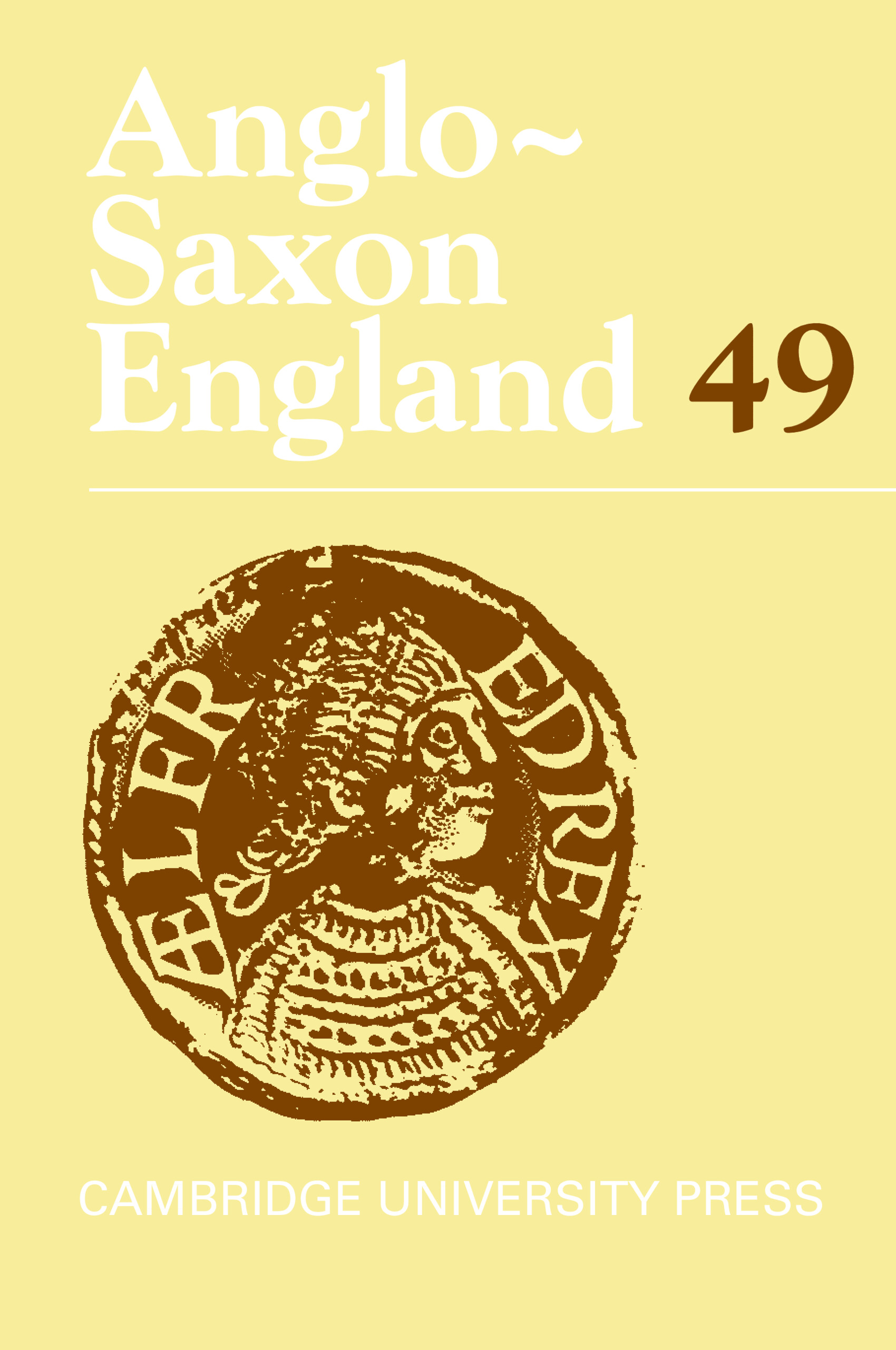Article contents
The Anglo-Saxons and the Goths: rewriting the sack of Rome
Published online by Cambridge University Press: 12 May 2003
Extract
On 24 August 410 the Goths under their king Alaric entered the city of Rome and spent three days pillaging it. They then moved south towards Sicily, possibly in the hope of escaping to Africa, but Alaric died and the Goths retreated back through Italy to Gaul, from where they were driven into Spain by Roman forces in 414. The sack of Rome was by all accounts of little material significance in the long and complex history of Roman engagement with barbarians; it was in fact the Goths' third visit to the city in three years, and on the previous occasion the senate had allowed them into Rome and collaborated with them in setting up the prefect of the city as emperor in opposition to Honorius, whose administration was based in Ravenna. Contemporary historians emphasized that the forces of the western empire had recovered their dominance within just three or four years at most, and recent historians have seen the attack on Rome as representing a failure on the part of the Goths, who had hoped to use the threat to Rome as a bargaining tool with the emperor in their pursuit of land and supplies. Honorius and his government seem to have been relatively untroubled. On the day after Alaric's seizure of Rome Honorius had time, from his palace in Ravenna, to issue an edict ordering that religious dissension among Christians in North Africa should cease and summoning a conference of all the Catholic and Donatist bishops to examine their dierences. The Liber pontificalis manages to give a quite detailed account of the time of Pope Innocent I (402–17) and his good works without once mentioning the Goths or the attack on Rome (Orosius explains that he happened to be away in Ravenna at the time). But the event acquired remarkable prominence, and a distinctive significance, in the Anglo-Saxon perception of their past, especially in the Alfredian period: it is mentioned prominently in two of Bede's historical works, in four of the Old English prose works associated with King Alfred, and in Æthelweard's Chronicle; it is the context and end-point of the Old English version of Orosius's History of the World; and it is the starting-point of King Alfred's account of Boethius. I want here to explore its developing significance for the Anglo-Saxons, and particularly for the Alfredian world.
- Type
- Research Article
- Information
- Copyright
- © 2002 Cambridge University Press
- 5
- Cited by


